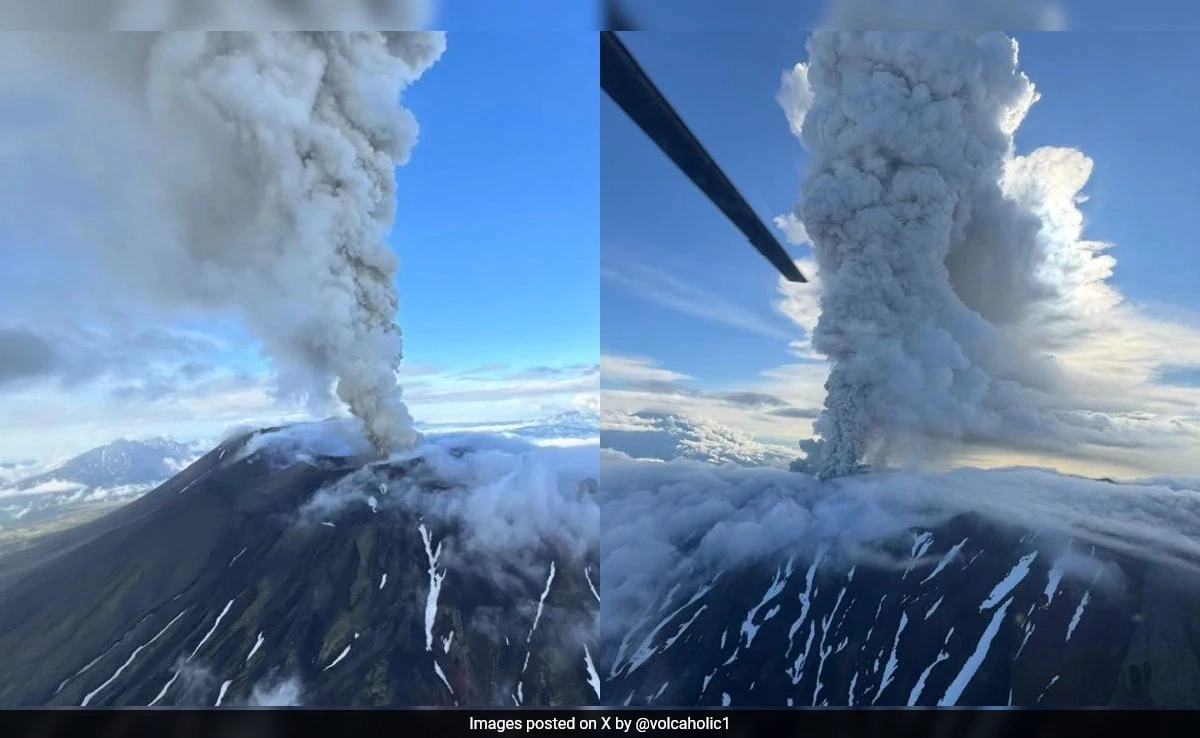In a remarkable intersection of geological events, a recent earthquake in Russia may have triggered a volcanic eruption that has lain dormant for over 600 years. The earthquake, which registered significant seismic activity, has brought to light the intricate connections between tectonic movements and volcanic activity. This occurrence serves as a potent reminder of the dynamic nature of the Earth’s crust, where stress and strain can lead to significant geological transformations. Scientists have long studied the relationship between earthquakes and volcanic eruptions, and this event provides a compelling case study of how one can influence the other.
The eruption, which has not been observed for centuries, underscores the potential for sudden and dramatic changes in the Earth’s geological landscape. Volcanic eruptions can have far-reaching consequences, not just locally but globally, affecting climate, air quality, and ecosystems. This particular volcano, having remained silent for over six centuries, raises questions about the underlying processes and conditions that led to its reawakening. Researchers are now tasked with understanding the precise mechanisms at play and whether this event could signal a new period of volcanic activity in the region.
Furthermore, the implications of such an eruption are profound, particularly for the surrounding communities and ecosystems. Volcanic ash and gases can pose significant health risks and disrupt air travel, while lava flows can devastate habitats and settlements. As scientists analyze the data from the earthquake and subsequent eruption, they are also considering the broader geological context, including the history of volcanic activity in the region. This event highlights the importance of monitoring seismic and volcanic activity, as understanding these phenomena is crucial for disaster preparedness and mitigation strategies.
In conclusion, the recent earthquake in Russia serves as a vital reminder of the interconnectedness of geological processes. The possibility that it may have triggered a volcanic eruption after centuries of dormancy invites further investigation into the mechanisms of the Earth’s crust. As researchers continue to study the implications of this event, it becomes increasingly clear that such geological phenomena are not isolated incidents but are part of a larger, complex system that requires ongoing observation and research. The potential for future eruptions and their impact on the environment and human safety emphasizes the need for preparedness in the face of nature’s unpredictable forces.




